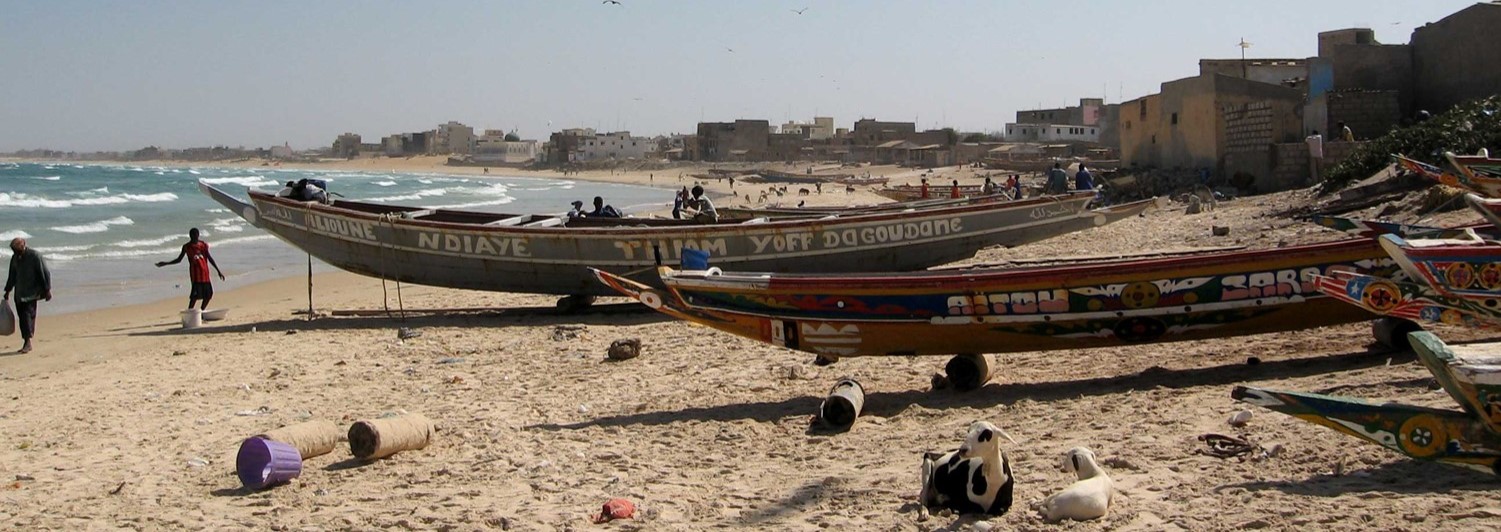Why the decentralisation reform in Senegal?

Adama DIOUF
President of Kaffrine Departmental Council
President of the Senegalese Departments Association
Senegal has embarked on an irreversible decentralisation process which has had two major reforms in 1972 and 1996. The first of these reforms entailed “the precursor act of the most demanding local freedoms, with the creation of rural communities, the promotion of deconcentration and regionalisation of planning”.
The 1996 reform enshrines regionalisation mainly through the construction of the region as local authority, the creation of district municipalities, the transfer to the local authorities of powers in nine areas, and the establishment, as a principle, of the posteriori legality control and the free administration of local authorities.
In practice, this policy conducted from 1972 to 2012 has enabled to make substantial administrative and institutional progress. And yet, there are still many constraints in its implementation. On the one hand, there is a weak institutional framework of decentralisation and a governance characterised by a multitude of actors whose concerns are often very different. On the other hand, there is the inefficiency of the mechanisms for funding regional development due to insufficient resources.
The context and weakness of the policies implemented up to now result in the need for alternatives that could make up for the shortcomings and help achieve significant progress at a national level and a harmonious and sustainable territorial development.
Against that background, the Head of State takes the decision to “build, within the framework of a consensual and prospective dialogue, the renovation and modernization of the State, by means of a decentralization coherent in its principles and efficient in its implementation”. The reform project “Act III of decentralization” originates from this decision of “significant territorial rebuilding of the State”.
The Act III of decentralization seeks to “organize Senegal in viable competitive territories that become engines for sustainable development by 2022”. In particular, the intent is to: build territorial coherence for organising the space and for the emergence of development poles; guarantee the readability of the different levels of territorial governance by clarifying the relations amongst stakeholders and articulating the powers to be transferred to technical, financial and human resources; and improving the mechanisms for funding territorial development and for fiscal governance.
The results from Act III of decentralisation are mainly the comprehensive municipalisation, which will offer new opportunities for local authorities, especially those from the rural world, to improve, with equipment, the minimal platform of basic socioeconomic infrastructure, to recruit qualified staff, to get better access to funding from the development and decentralised cooperation partners; the department, which emerges as local authority remaining at the same time administrative circumscription and which offers the benefit of constituting intermediate territorial entities fostering local governance, democracy and citizen participation and a territorial development with a dynamic of rural-urban integration; the abolition of regions and the creation of development poles, which seek balance in the territories based on the development challenges and aims.
The success of the reform “Act III of decentralisation” lies in giving more resources to local authorities, with appropriate local taxation and innovating funding mechanisms. Although there are other important support measures: the rationalisation of powers distribution between the State and the territorial authorities; the effective transfer of resources concurrently with the transfer of powers; the effective implementation of the local Civil Service Law; a training program for the decentralisation actors, mainly for elected representatives; etc..
To sum up, this important reform contributes to strengthening the decentralised authorities’ power in that it creates a synergy among territorial stakeholders with the main aim of enabling grass roots economic and social development.
“Act III of decentralisation” will, without any shadow of a doubt, create employment and wealth, which will enable us to combat poverty and participate in the promotion of an “emerging” Senegal.








































































